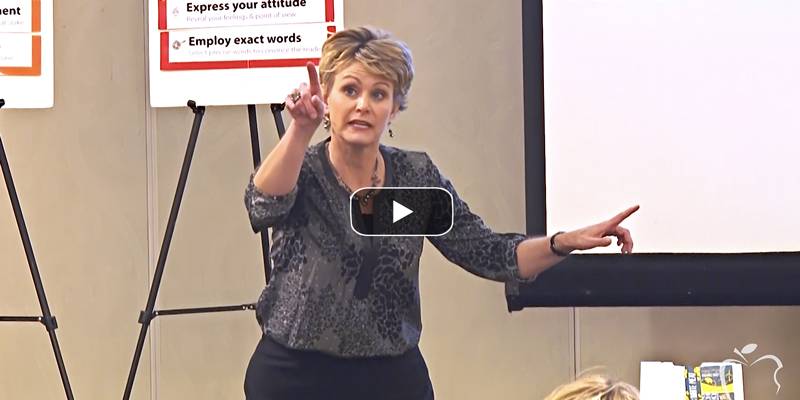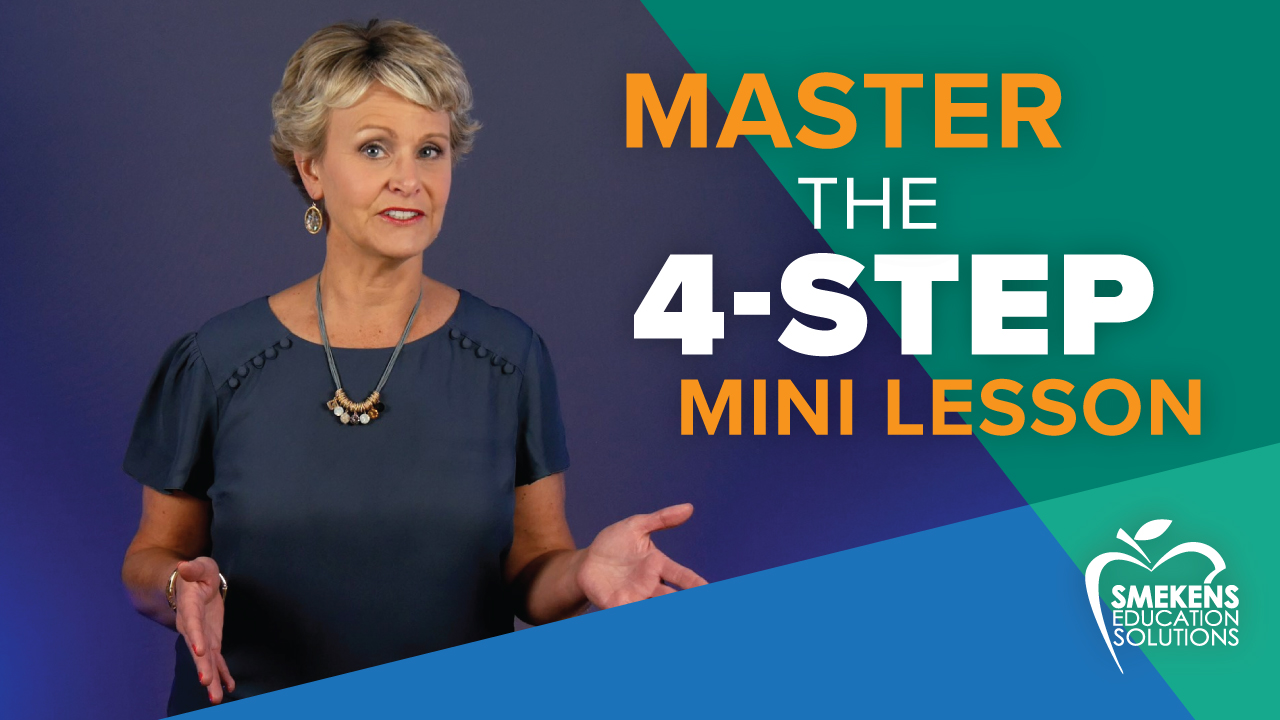Learning Center
Reading
Demonstrate expert thoughts with Think Alouds
October 19, 2012

Students are required to do so many different types of thinking. The college and career-ready standards ask students to compare and contrast, to analyze and judge, to evaluate and discern. They also have to rationalize and explain their thinking with evidence and support. But when do they learn how to do this type of thinking?
The first step in teaching higher-order thinking is for students to hear how you tackle it. That’s the notion of a Think Aloud.
A Think Aloud is similar to when an author or actor steps out of character and speaks directly to the audience to offer inside secrets. It’s an invitation for students to step into a teacher’s mind to see how to work through a problem or process.
For example, when reading a math problem (“If you have 10 apples and give away 4, how many will you have left?”), whisper to yourself all the mathematician’s thoughts you’re having. Give away. That would mean I would start with 10 and then give some to someone. That’s taking away, so it’s subtracting from what I have. How many will I have left? That means—how many I still have if I take 4 from 10. And then talk to yourself through the computation to solve the problem.
Whether determining the order of operations in a story problem or reading the specific details for a science experiment, many thoughts are necessary. We need to slow down and share with students the journey of our thinking.
This type of modeling is even more imperative with content-area and informational texts where the reading is complex and the vocabulary unfamiliar.
A Think Aloud provides an “anchor” for student thinking. Just as a mentor text or exemplar paper helps students know what strong 6-Traits writing looks like, a Think Aloud helps students to know what deep thinking sounds like. Providing a Think Aloud is a way to explain concepts, help students process information, and encourage problem solving.





